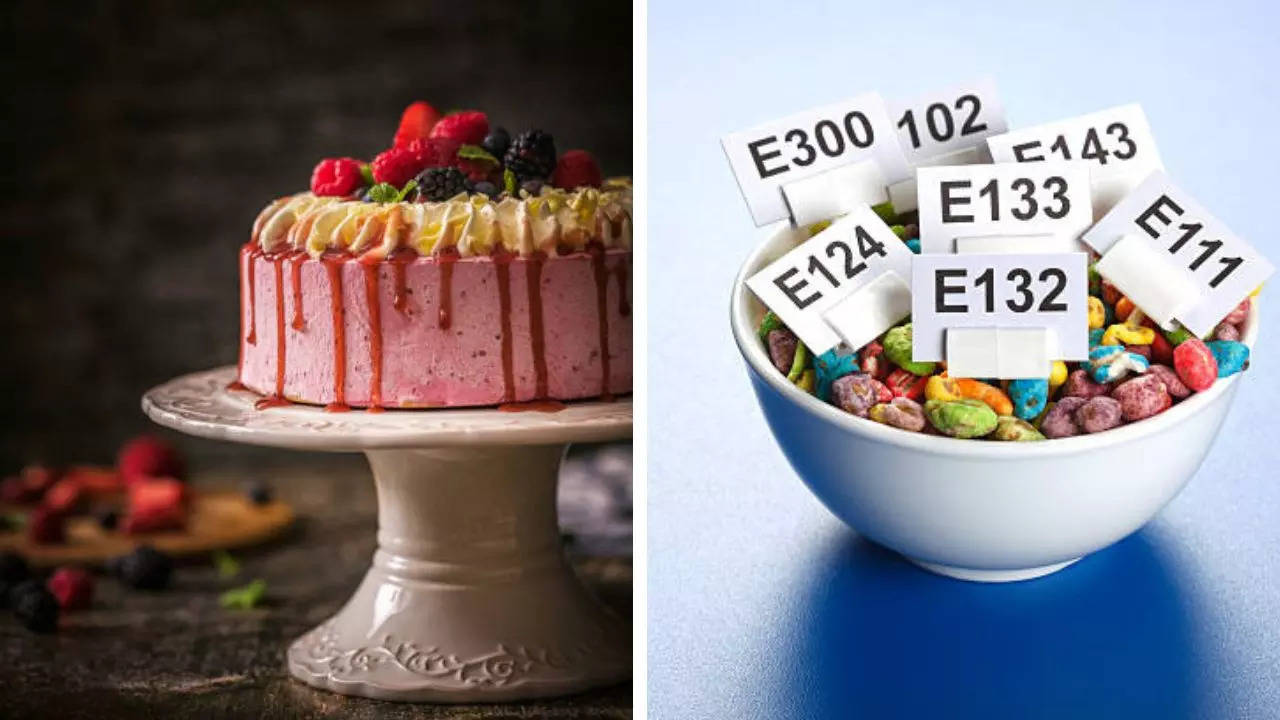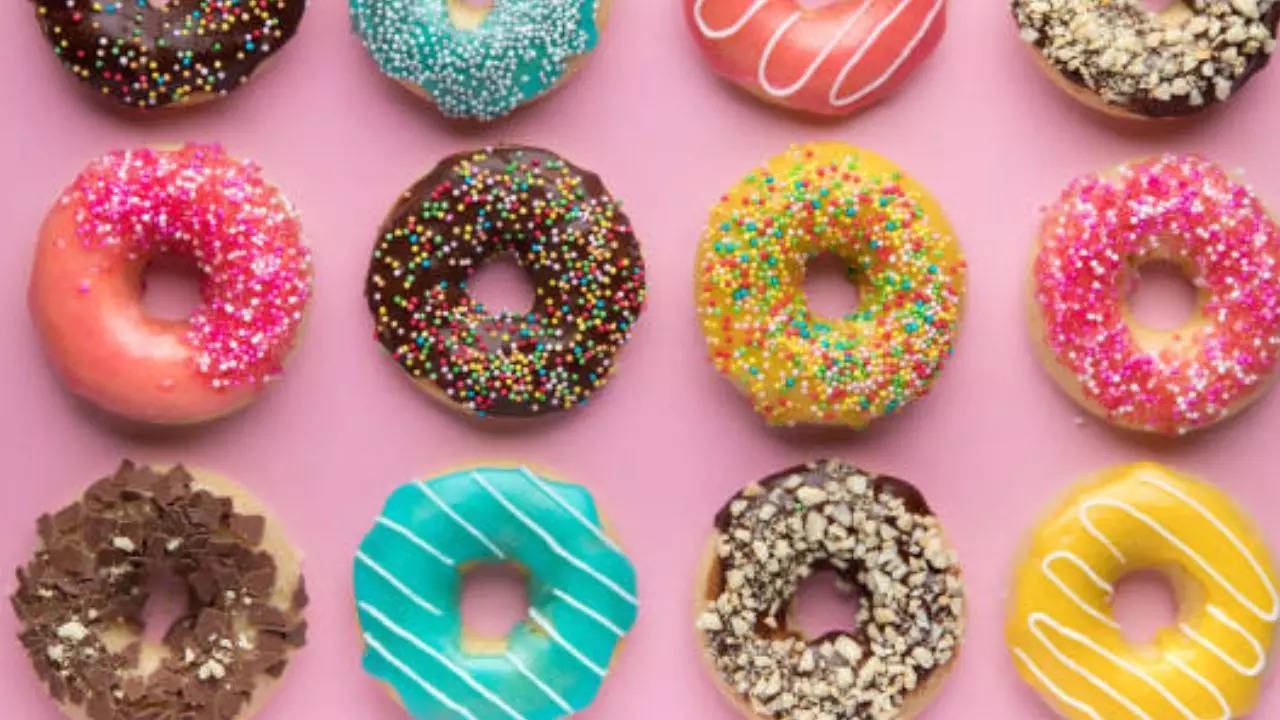
Karnataka Cake Cancer: Owing to a crackdown on local bakeries, the Karnataka Food Safety and Quality Department has found cancer-causing agents in cake samples. Department officials said they have warned bakeries about selling cakes that contain excessive amounts of artificial colours.
According to news reports, health officials found 223 out of 235 cake samples to be safe for consumption while 12 of them were packed with carcinogenic and chemical elements – mostly artificial dyes like Allura Red, Sunset Yellow FCF, Ponceau 4R, Tartrazine, and Carmoisine. Most of the dyes were present in the best-selling varieties like red velvet and black forest cakes.
The state’s food safety and quality regulator said in a statement that high use of artificial colours not only increases cancer risks but also harms mental and physical health. According to the US FDA, the dyes also lead to serious side effects, like hyperactivity in children, as well as life-threatening allergies. According to the FSSAI guidelines, most of the food colourings should be 100mg per kg. Allura Red, Sunset Yellow FCF, Ponceau 4R, Tartrazine, and Carmoisine should be added to food items with a maximum amount of 100mg per kg.
Related News |
How do coloured food dyes cause cancer?
In various animal studies on the colours, a statistically significant increase in brain tumours has been found in the high-dose group compared to the control groups. The red colour – also known as erythrosine – is the most controversial dye. In rat studies, erythrosine had an increased risk of thyroid tumours.
Red, Yellow 5, and Yellow 6 may contain contaminants that are known cancer-causing substances. Benzidine, 4-aminobiphenyl, and 4-aminoazobenzene are potential carcinogens that have been found in food dyes.
Related News |
However, according to experts, high-dose animal studies do not directly translate to human risk because of the large amounts of colourants used compared to human consumption which is much lower. One study found that Red 40 might lead to DNA damage in mice, a precursor to cancer. However, regulatory agencies still consider it safe at current usage levels based on the available evidence.
Which cakes are safe to eat?
According to experts, you must not completely stop eating cakes but switch over to making healthier choices by avoiding the sweet treats decorated with artificial colours and dyes. Go for the fruit or pineapple cakes made with fresh fruit, not canned. Instead of the colourful icing or fodant, chose pastel ones or traditional white cake to limit your exposure to chemicals.
Also, dry cakes without any kind of frosting are a healthier options. Always ask the bakery about the ingredients they use in their goods to know what you are eating.
Which other foods are naturally dye-free?
A few foods that are naturally dye-free, include:
- Dairy and eggs
- Milk, plain yogurt, cheese, eggs, cottage cheese
- Meat and poultry
- Fresh, unmarinated chicken, beef, pork and fish
- Nuts and seeds
- Unflavoured almonds, macadamia nuts, cashews, pecans, walnuts, sunflower seeds
- Fresh fruits and vegetables
- All fresh fruits and vegetables
- Grains
- Oats, brown rice, quinoa, barley
- Legumes
- Black beans, kidney beans, chickpeas, navy beans, lentils

